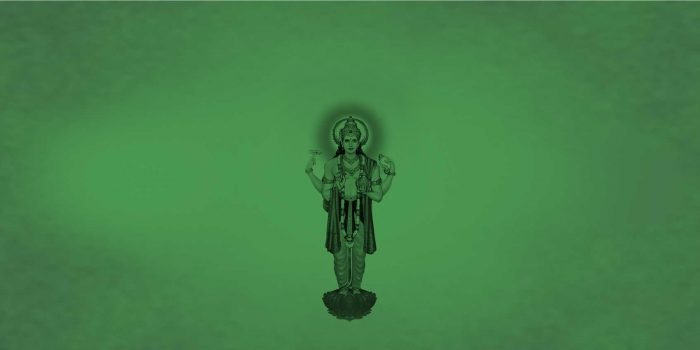Ayurveda is the holistic ancient Indian medical science, which deals with the body, mind and soul. It is not merely a knowledge of curing ailments but it provides measures for disciplined disease free long, healthy and happy life. Ayurveda is a great gift to the mankind by the ancient Indian medical scholars. It is based on the principles of Pancha Mahabhuta (five great elements) and Tridosha (three Biological humors) theory. Ayurveda describes in detail the principles of preservation and promotion of health as well as prevention and cure of diseases. It treats man as a whole. As the medicines used in Ayurveda are mainly plants, the side effects are almost nil. Owing to the efficacy and popularity, Ayurveda has attracted the attention of scholars of modern medical science in other countries also. Hence the curiosity and awareness to know and utilize Ayurvedic knowledge is increasing all over the world. Many Ayurvedic health centers have been started in different countries of the world.
HOW DID AYURVEDA ORIGINATE ?
Legend says that 3,000 years ago, a group of fifty-two men which included holy men, left their villages and towns and went to live in the foothills of the Himalayas, the reason was that they had decided to find a way to check the ailments and suffering that the people were going through. Often people used to die of simple ailments so these people aimed to learn how to eradicate illness and disease from the world. These men, known as the Rishis(Learned men), meditated together and from their meditations they acquired the knowledge which was then codified as Ayurveda.
Subsequently, the Ayurvedic system was written down and was believed to be divinely inspired. The principal text, known as the Charaka Samhita and regarded as sacred, opens with a description of the Rishis’ meditations and forms part of what is the oldest and most complete system of medicine and healing known. When the Ayurvedic texts were being written, disease was regarded as an evil visitation which prevented the individual from attaining self-realisation. To free someone from disease was to enable that person to follow a truly spiritual path, liberated from the constraints of the physical body. A body afflicted by disease resulted in a spirit tied down by worldly concerns and unable to soar. Enlightenment could only be attained by those who enjoyed both good physical and mental health.
According to the Charaka Samhita, the Rishis elected one of their number, Bhardwaja, to entreat Indra (the Hindu warrior-king of the heavens and a god wise in the treatment of disease) to impart the secrets of health and longevity. Indra was believed to have acquired his knowledge from the heavenly physicians, who in turn has acquired theirs from the supreme god, Brahma. The knowledge acquired by the Rishis had three aspects – etiology (the science of the causes of disease), symptomatology (the study and interpretation of symptoms) and medication. These three components are known as the Tri-Sutra Ayurveda.



